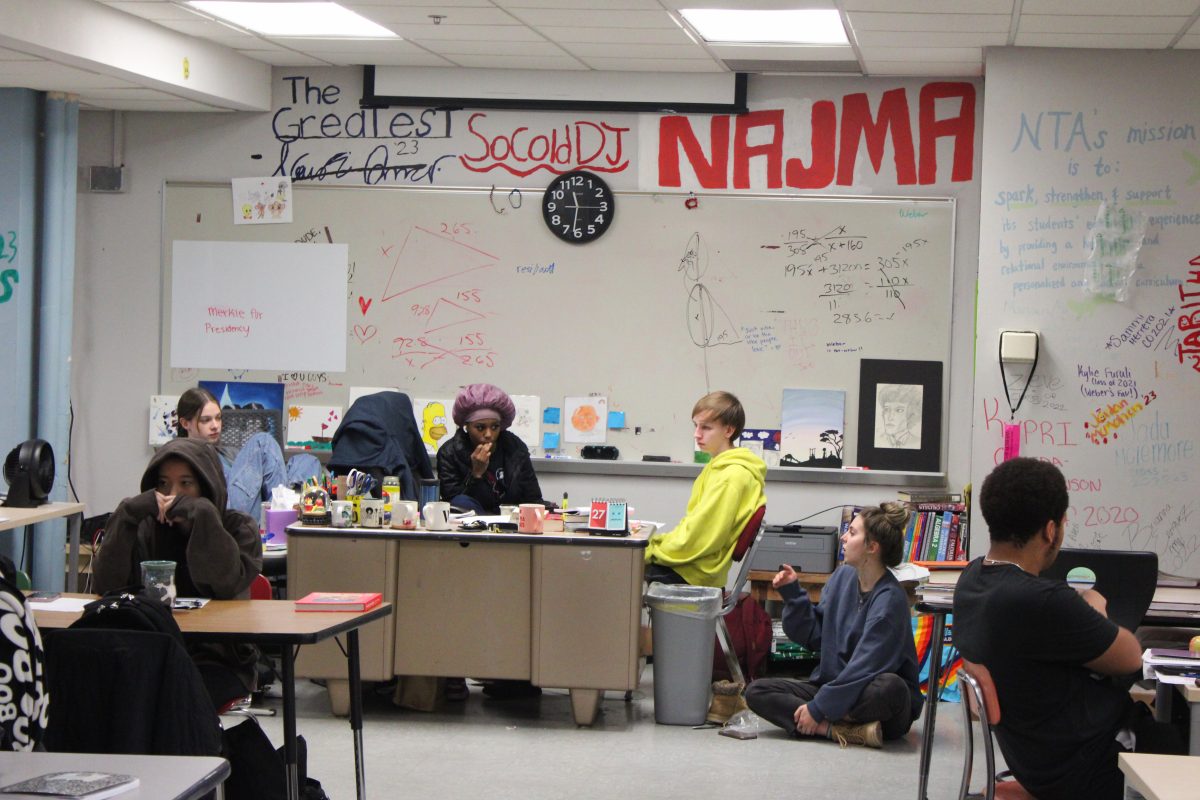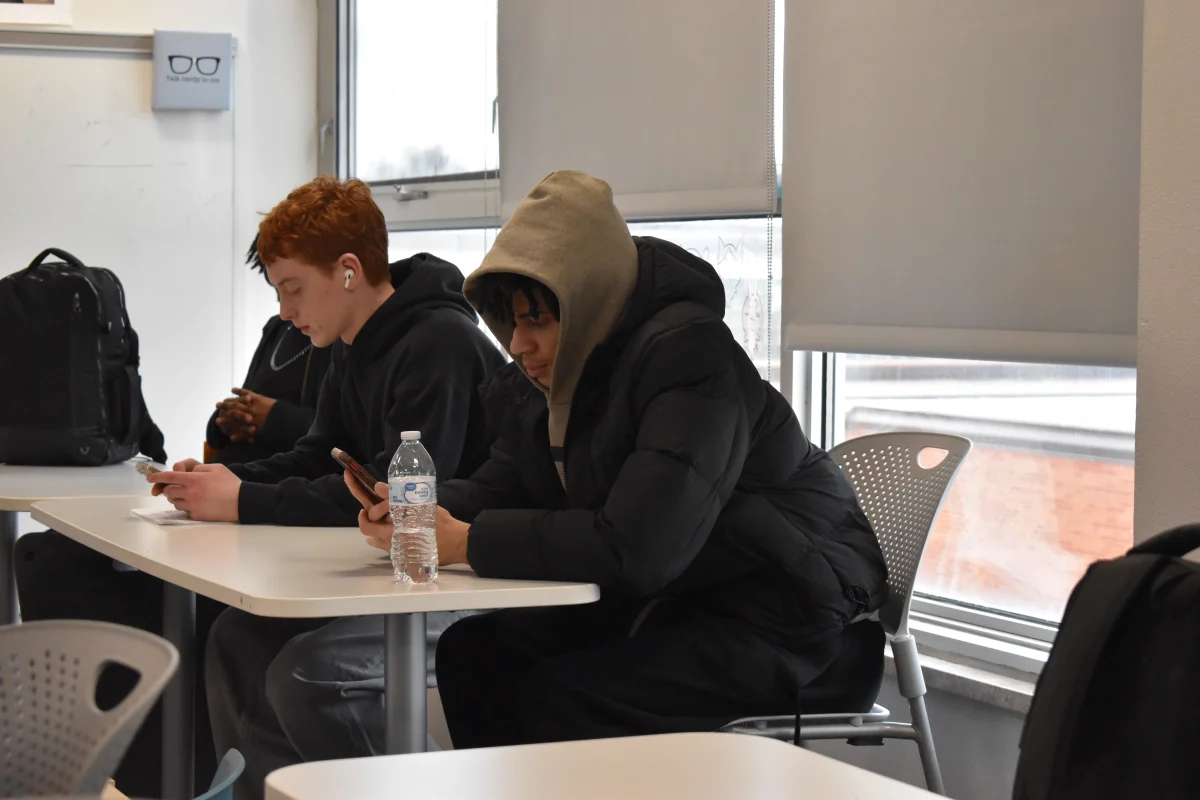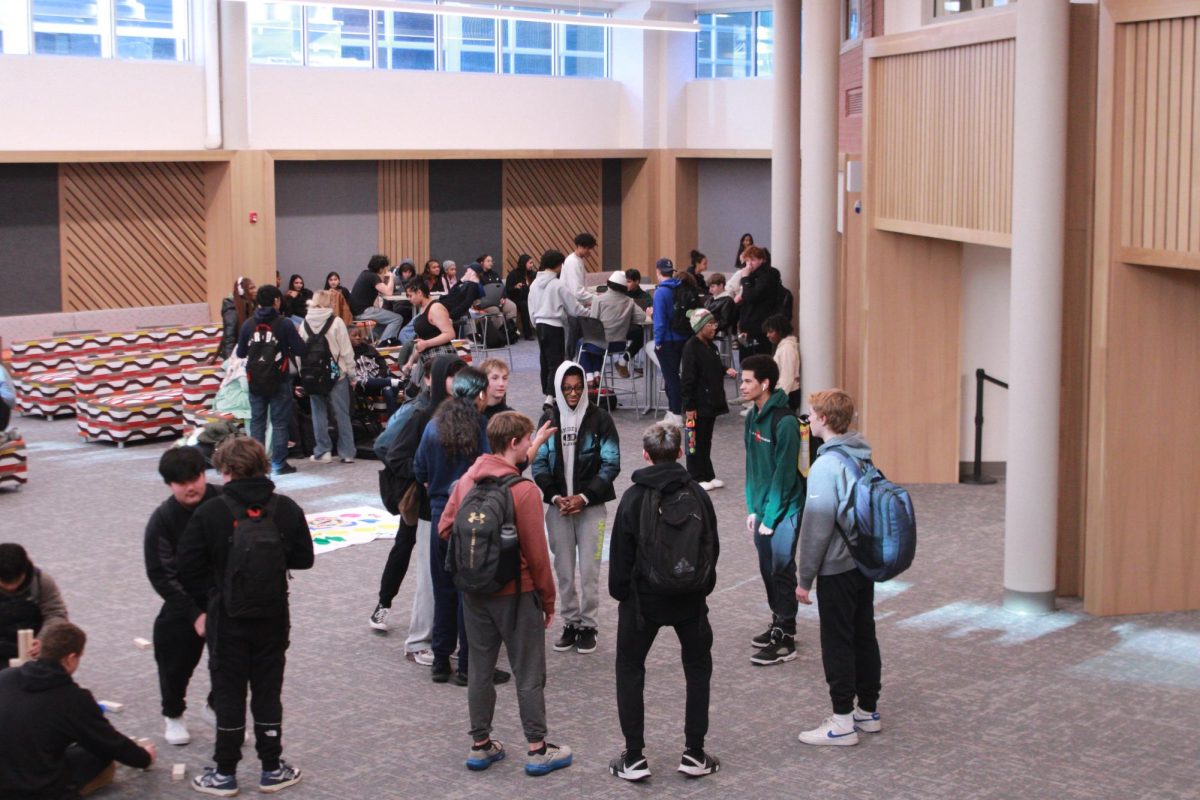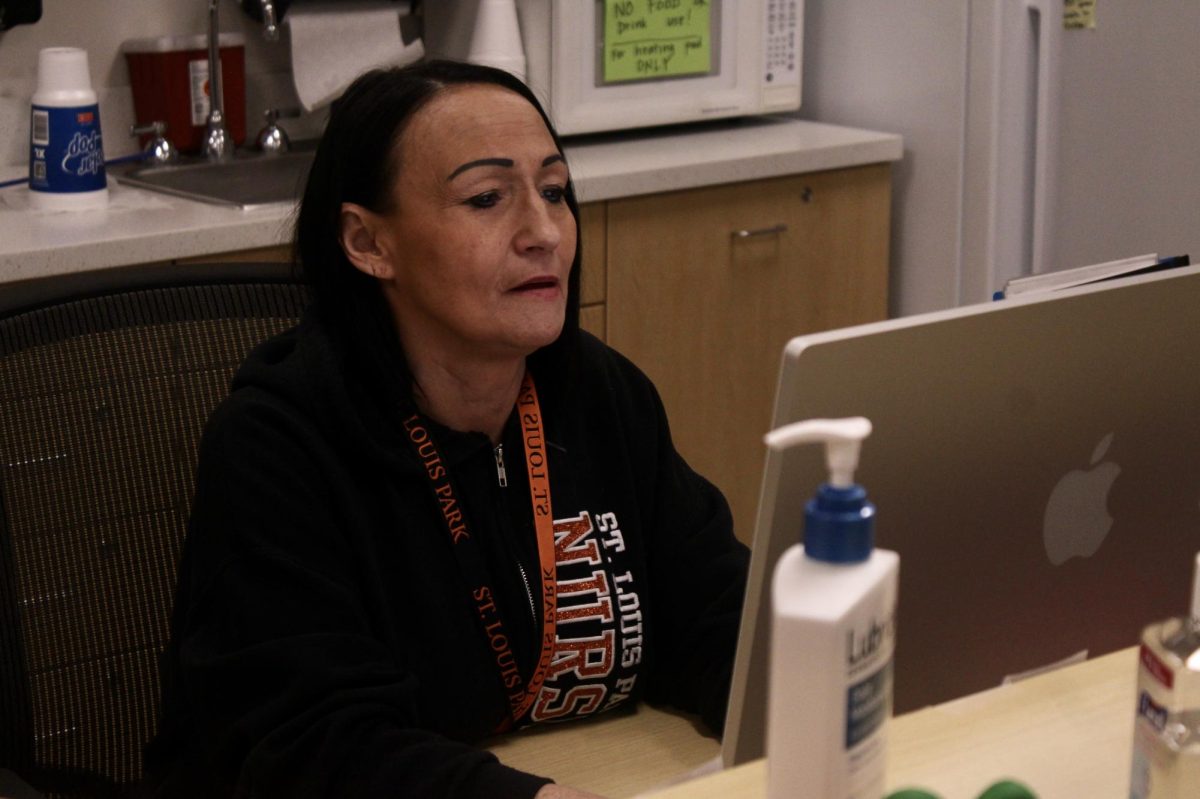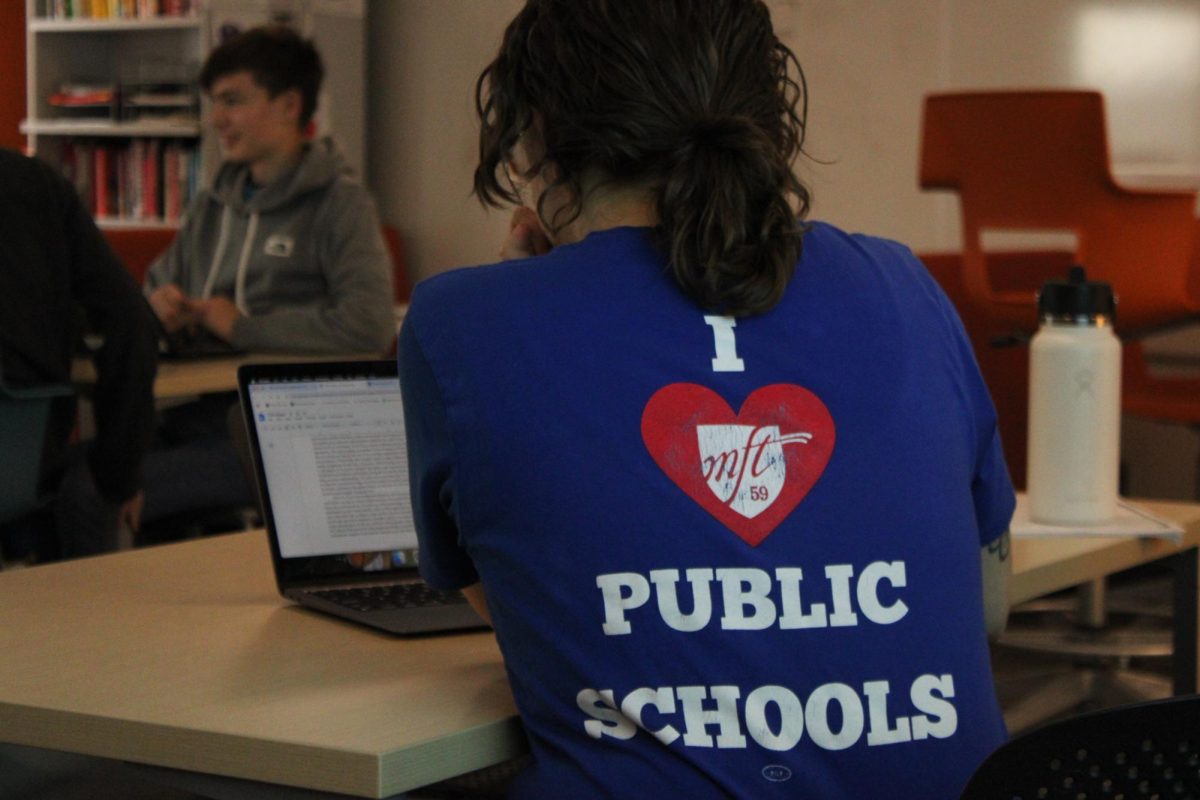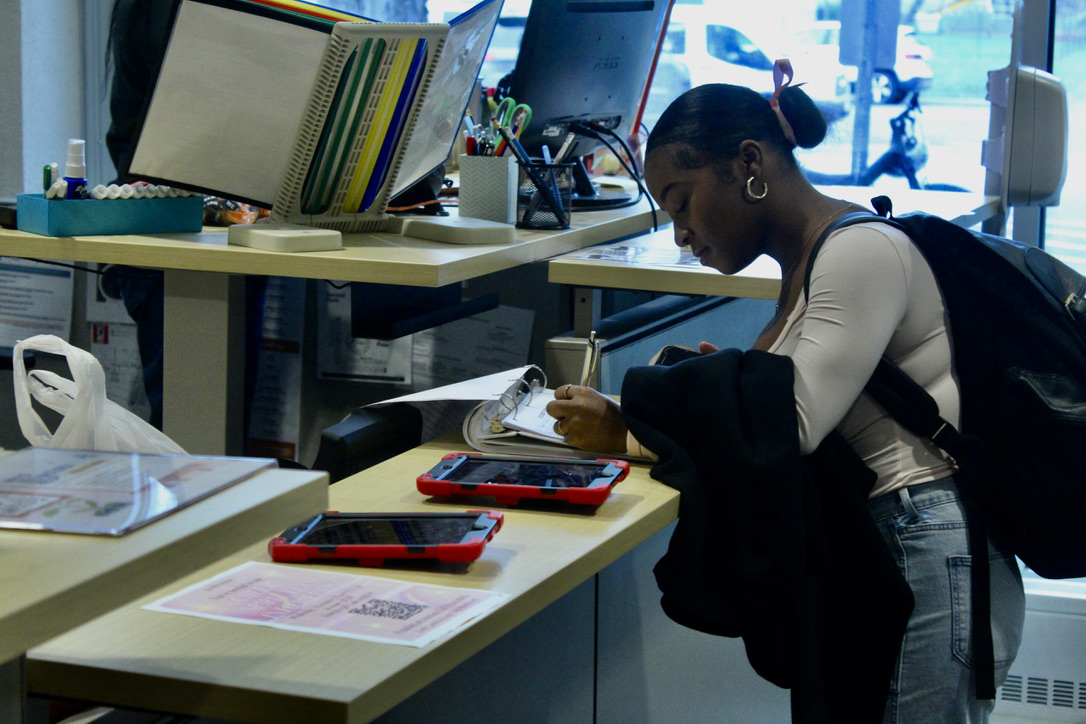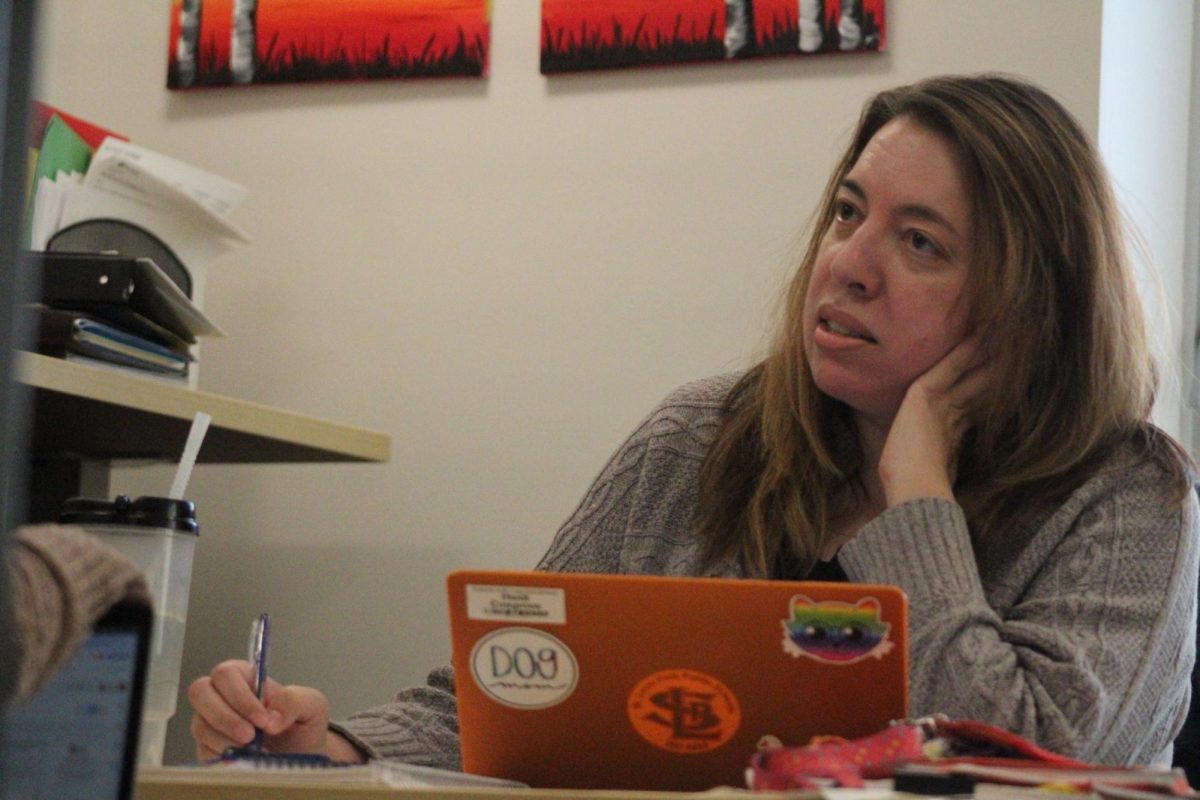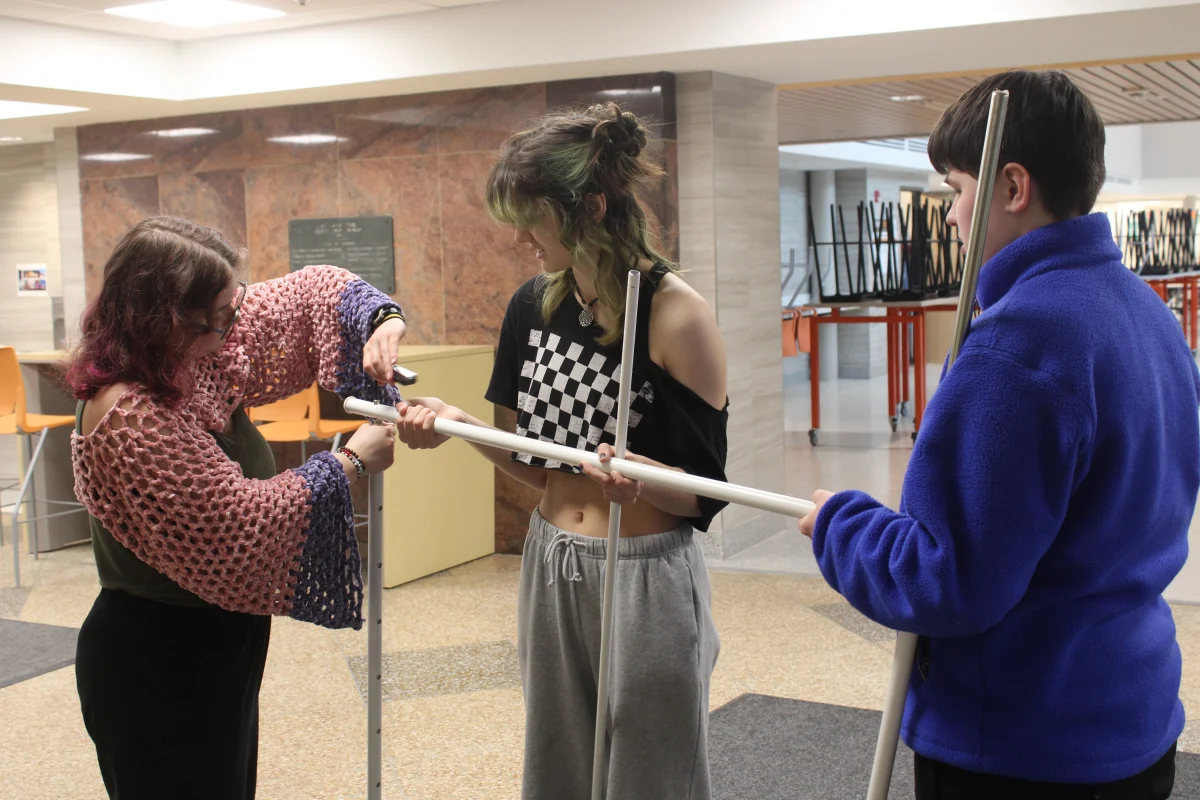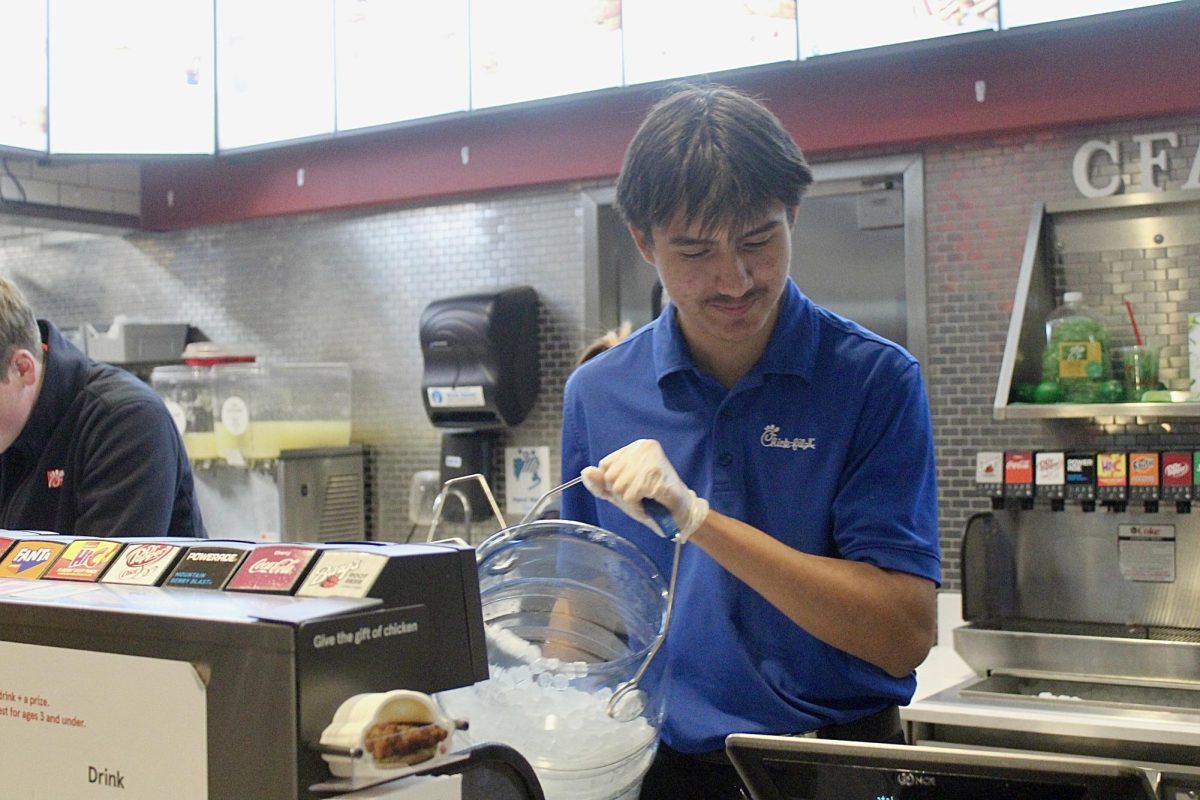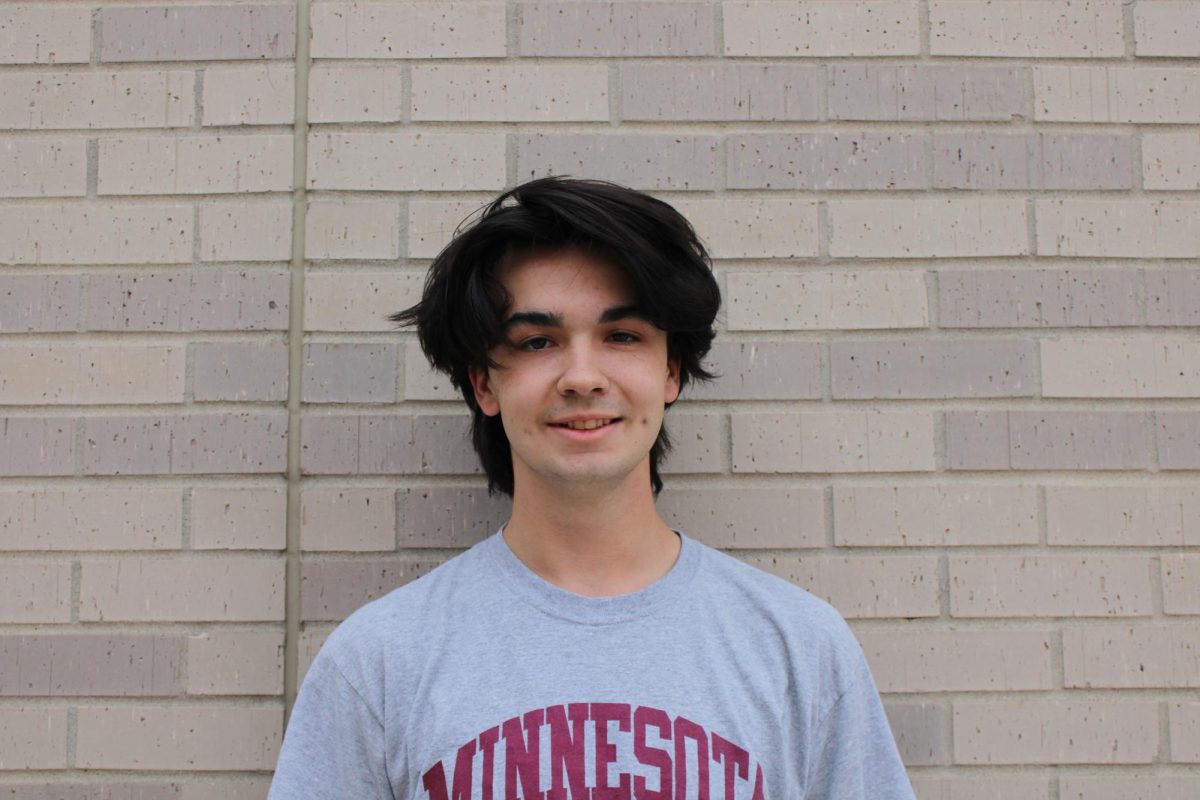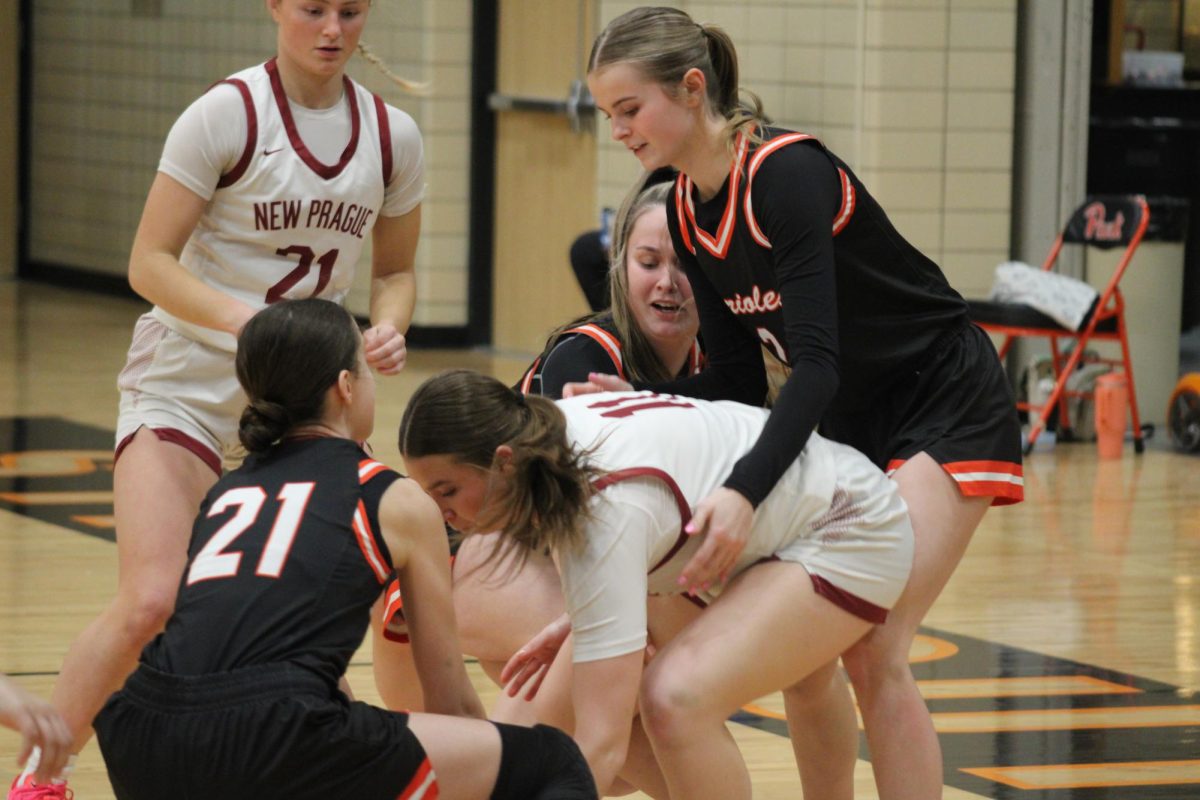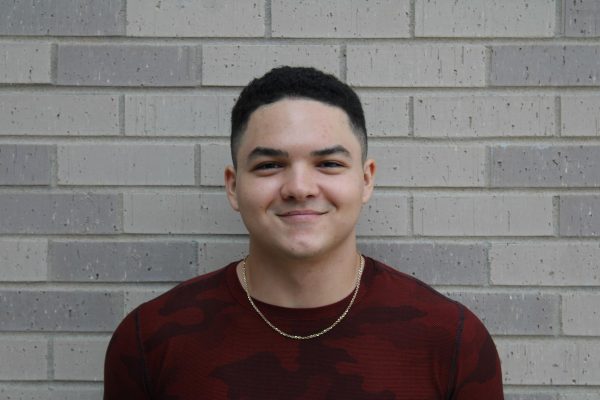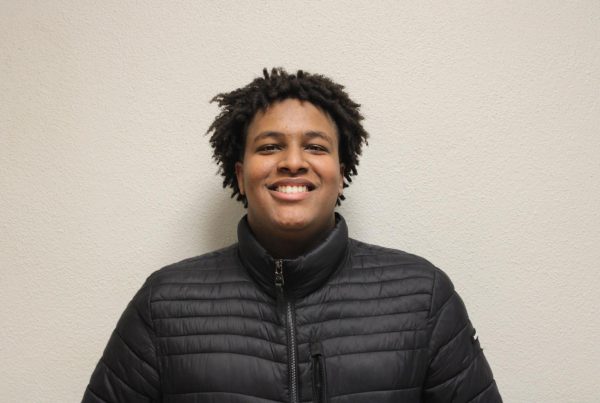Education in America is heavily discussed nowadays, with the way students interact with teachers, the way students perceive school, and the way teaching is done, all being topics of discussion. How do people on the ground see education?
Junior Lizbeth Cruz said that while education functions well in some respects, it also carries negative impacts.
“I think in some ways it is (functioning well). It can probably have a negative impact,” Cruz said. “One experience I had with a teacher was that they didn’t teach well, and I didn’t get to know them.”
Social studies teacher Jill Merkle said disciplinary practices and teaching methods can be detrimental to kids’ education.
“(I notice the broadness of) disciplinary practices — the idea of suspension and expulsion,” Merkle said. “I think the idea of the banking system — that students are there to just absorb information — when really our time is not about that anymore (is harmful).”
According to junior Charlotte Cox, the education that she receives is not applicable to her day-to-day life.
“I think (school is) really irrelevant to my daily life. It doesn’t prepare me for what I’m going through on a daily basis,” Cox said. “I think (there is) also a lack of engagement with students, and it (what kids learn in school) doesn’t seem like something we could be using in the future.”
Social Studies teacher Emma Engebretson said that undervaluing education leads to its underfunding and necessitates improvements.
“I think we as a country don’t place a high enough value on education, and specifically public education. And thus it (public education) is really under-resourced and underfunded,” Engebretson said.
Cruz said homework and the burden of seven daily classes are examples of American education struggles.
“Homework and having to deal with seven classes a day (are aspects of education to be improved),” Cruz said. “I personally think homework shouldn’t be a thing because whatever a student does outside of school for homework, they should have time for (in class). (They should dedicate time for) themselves and to connect with their families and others.”
Merkle said that a seven-period day schedule negatively affects students and their education, as it makes it hard to establish real connections.
“I think having students on a seven period day schedule doesn’t make any sense,” Merkle said. “Having four or even seven different communities to navigate is ridiculous.”
As a part-time PSEO student, Cox feels that her high school education prompts a desire to pursue PSEO full time.
“I’m very bored at school to be quite honest,” Cox said. “The appeal of having less classes was really interesting and appealing, and to simply be able to have more relevant classes was also very appealing.
Engebretson said that she is inspired by students’ ability to engage in difficult conversations despite challenges that they may face, fostering positive aspirations for the future of education.
“I love the students here. They give me a lot of hope, I like seeing all of the students engaging in courageous conversations about race, and holding our school accountable to high expectations. It’s really empowering to see,” Engebretson said.
Merkle said there are alternative educational methods outside of our typical school day, and teachers and staff are supportive.
“(There is) the Non-Traditional Academy that’s co-taught with four teachers. (Students are) in the same place for the first hours in the day doing interdisciplinary curriculum,” Merkle said. “The teachers there are, yes teachers, but are also counselors and social workers, and the kids are building community.”
Cruz said she thinks connections and community are important. According to her, the relationships that kids have with students could be improved and allow education to be more personal.
“Connections teachers have with students (could be improved),” Cruz said. “I think there could be some work on that.”
Many view education in America as inefficient and unable to cope with a changing world. Merkle said the historical context behind American education makes her ask who it serves.
“I think when you look at the history of education, you can see that it’s often been used as a way to make students compliant and to oppress imagination and creativity,” Merkle said. “Who is it serving, and why?”
With education in Park however, Engebretson says there are positive aspects to education.
“I think that St. Louis Park has a really great mission and vision for our school. And I think that there are a lot of individuals that are working to maintain this mission and create racially equable schools,” Engebretson said.



